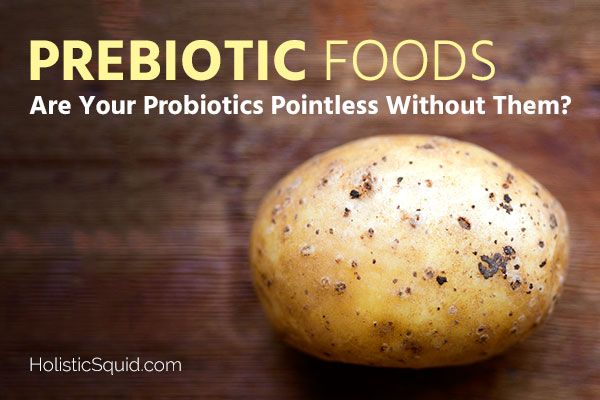
We're all about good gut health around here, and I am ever-fascinated by how much there still is to learn. In this post, Jennifer explores the topic of prebiotics – a type of food that is essential for feeding healthy gut flora. This topic is extra interesting to me because many of these foods (potatoes and rice, for example) are avoided by folks aiming for a healthier diet. Tricky stuff! ~Emily
Probiotics is a popular term these days in conversations about health.
In short, probiotics are essential to a healthy gut, which is essential to a healthy body. But have you heard about PRE-biotic foods? Turns out, that prebiotics are super important for a healthy gut too.
What are prebiotic foods?
Prebiotic foods are indigestible food ingredients that stimulate the growth and maintenance of beneficial gut microbes, or to put it more simply, prebiotics are food for your gut flora. If you are feeding your beneficial bacteria they are going to be healthy and more able to do their job of dealing with toxins and invaders.
Prebiotics are not weird and unusual foods, but you may need specific sorts depending on what you want them to accomplish and/or the current state of your health.
There are 3 different types of prebiotics
Soluble fiber
Soluble means it is used by our gut bacteria and feeds it. This is in contrast to insoluble fiber which is not used at all by our bodies, but rather is a bulking agent for our stool. Soluble fiber includes psyllium husk and acacia fibers.
Non-starchy polysaccharides
These include inulin (in onions) and fructooligosaccharide. These include foods like garlic, onions, and many fruits and vegetables which are in most healthy diets already.
Resistant starch
These are the starches in foods like potatoes and plantains, which resist digestion and so end up in the large intestine as prebiotics for the beneficial bacteria. They feed different bacteria than the soluble fiber prebiotics. These are more controversial as some folks don't do well with them, but for many others, resistant starches actually are a really important part of a healthy diet.
Why you need to eat prebiotic foods
The biggest reason to be eating prebiotic foods is they feed your probiotic or beneficial bacteria, as mentioned above. You want happy bacteria in your gut since all diseases begin in the gut.
Prebiotics have also been shown to increase the absorption of calcium, magnesium, and other minerals and improve bone mineral density. They are more effective if taken in combination with probiotics. (source)
Prebiotics and probiotics taken in combination seem to be more effective in treating symptoms for those with irritable bowel syndrome (IBS) and for gut health. (source)
Resistant starch in particular appears to also lower blood glucose levels and improve insulin sensitivity. It also contributes to decreased inflammation in the gut and other parts of the body. (source)
Eating prebiotic foods does not mean you should not be taking probiotic foods or supplements. You can easily do both. So keep eating fermented vegetables and drinking your kefir and kombucha.
How to incorporate prebiotic foods
If you don't already eat prebiotic foods, the non-starch polysaccharides are the best place to start. These include dandelion greens, raw garlic, raw onions, leeks, Jerusalem artichokes, asparagus, cabbage, legumes, apples, root vegetables, bananas, and chicory root. Raw seems to have more benefit than cooked. (source)
As a next step, consider adding in the resistant starch if you are tolerating the non-starch foods well, and you are not in a category of people who need to completely avoid starch, as I will discuss below.
Food high in resistant starch include green bananas, plantains (the other starchy bananas), potatoes, rice, and legumes. Many people recommend potato starch but since this is a processed food, I prefer to skip this because it's a processed food. (source)
If these foods are not regular parts of your diet I suggest you add them in slowly as they may be gas producing. Gradually add in several servings per week and work up to at least 1 serving daily. You do not have to eat foods from each grouping of prebiotics daily.
Who should avoid prebiotics?
Those who struggle with IBS (irritable bowel syndrome) or SIBO (small intestinal bacteria overgrowth) may find that prebiotics are not helpful. In both situations the symptoms may worsen with intake of prebiotics, especially the resistant starch. In SIBO, where there is an overgrowth of bacteria you do not want to feed the extra bacteria.
Once there has been some healing from SIBO or IBS you may introduce prebiotic foods and see how they affect your gut. If they bother you then hold off a little longer and continue to work at further healing, before you re-introduce these foods. For the rest of you though, there is no reason for concern.
For those on the GAPS diet for healing, you should hold off on any resistant starch as this would be more helpful after you have come off the GAPS diet.
So are your probiotics pointless without prebiotics? The answer to that is probably they still have some value, but feeding and nuturing those probiotics is going to keep them happier and more effective in your body.
How can you go wrong with that?
Jennifer is a happily married homeschooling mother of 4 who lives in a small town in Pennsylvania. She blogs at The Entwife’s Journal and at Purposeful Nutrition. She is also an RN who is working to build a health business through blogging, speaking, and health coaching.



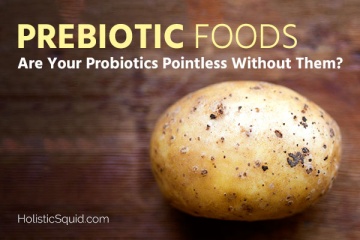
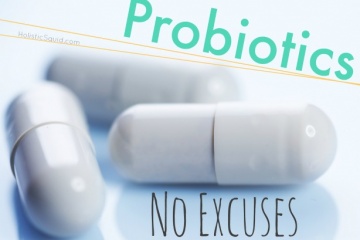


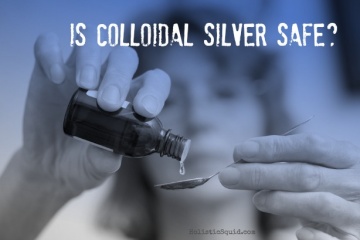
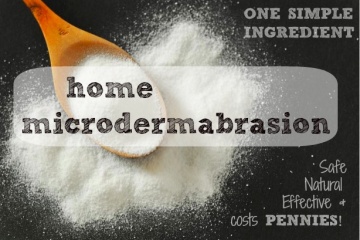


Leave a Reply